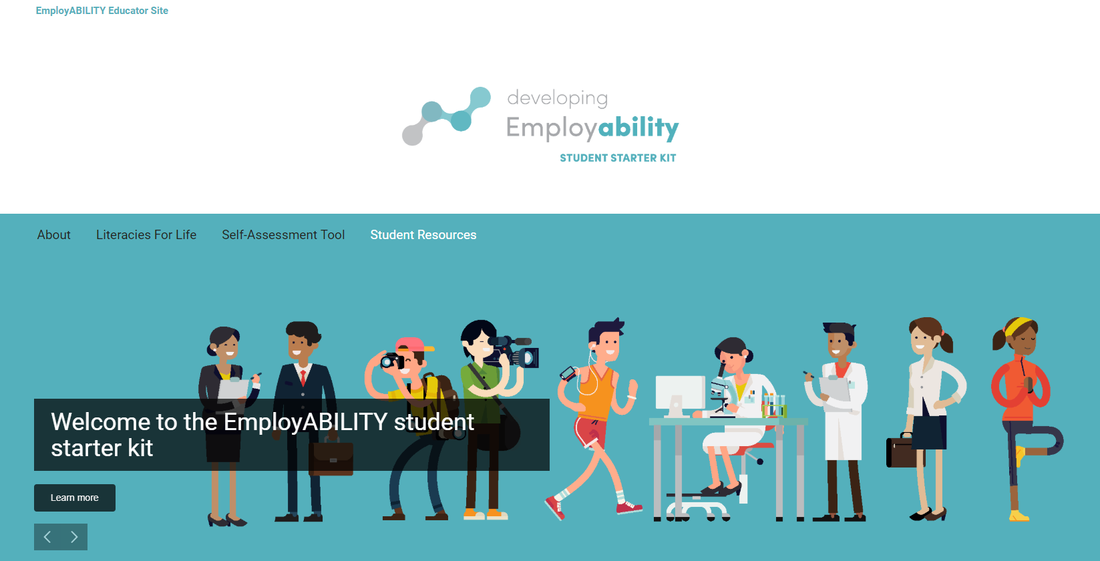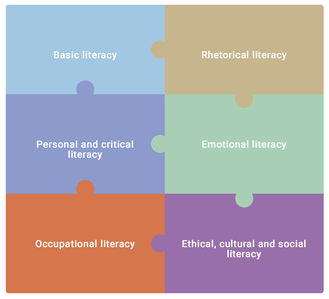You as a learner
Workshop One: How you learn
Objectives
- Examine a number of models that encourage students to reflect on their learning styles, attitudes and behaviours.
- Articulate three strengths and weaknesses that you have identified in your learning profile and how they will help you learn.
- Create a Podcast about Sustainability and post it.
Other Approaches to Learning Styles
There are a number of other tools that you can use to help you understand more about your learning style and habits of mind. If you are keen to continue your self analysis then you can also use these resources.
VAK Visual Auditory Kinesthetic Learning Styles
Gardner's Multiple Intelligence Test
Habits of Mind Self Assessment
Personalised Career Profile Developing Employability
Use the EmplaABILITY self-assessment tool to develop your employability profile. Here is the link to the the survey

It has been designed at Curtin University and provides you with some thoughtful ideas about your skills and weaknesses and where you might go to learn skills to help you. It is an anonymous process but it keeps your email to send you the report. This will determine your employability but it will also help you look more broadly at your skills, your expertise and give you ideas on how to be the best life long learner you can be. Here is the link for you and here is a draft of the type of personalised profile you will receive once you have completed all the section. We would like you all to complete the tool. Here is a sample report so you see what your report will look like. |
There are many tools that will help you to find out about your learning and what you are good at and where you can make improvements. A recently developed tool called the Personalised Career Profile examines all your literacies including:
|
The power of collaboration when it comes to learning new things

There is great truth in the saying 'two heads are better than one' when it comes to innovation and problem solving. In the classroom you may want to work with a partner on the project. Please note this is not feasible in OUA and other online situations.
To get ideas on tools to help you set up a useful collaborating environment go here. Why is collaboration such a powerful catalyst for creative thinking? What are some of the new innovative ways that we can collaborate now with the support of technology? Learning communities use a range of collaborative tools to problem solve and co-create solutions. This may become a powerful learning strategy for you in this unit when you can share interesting websites and tools you have discovered. Learning ActivitiesSee the Blackboard site for details.
|


